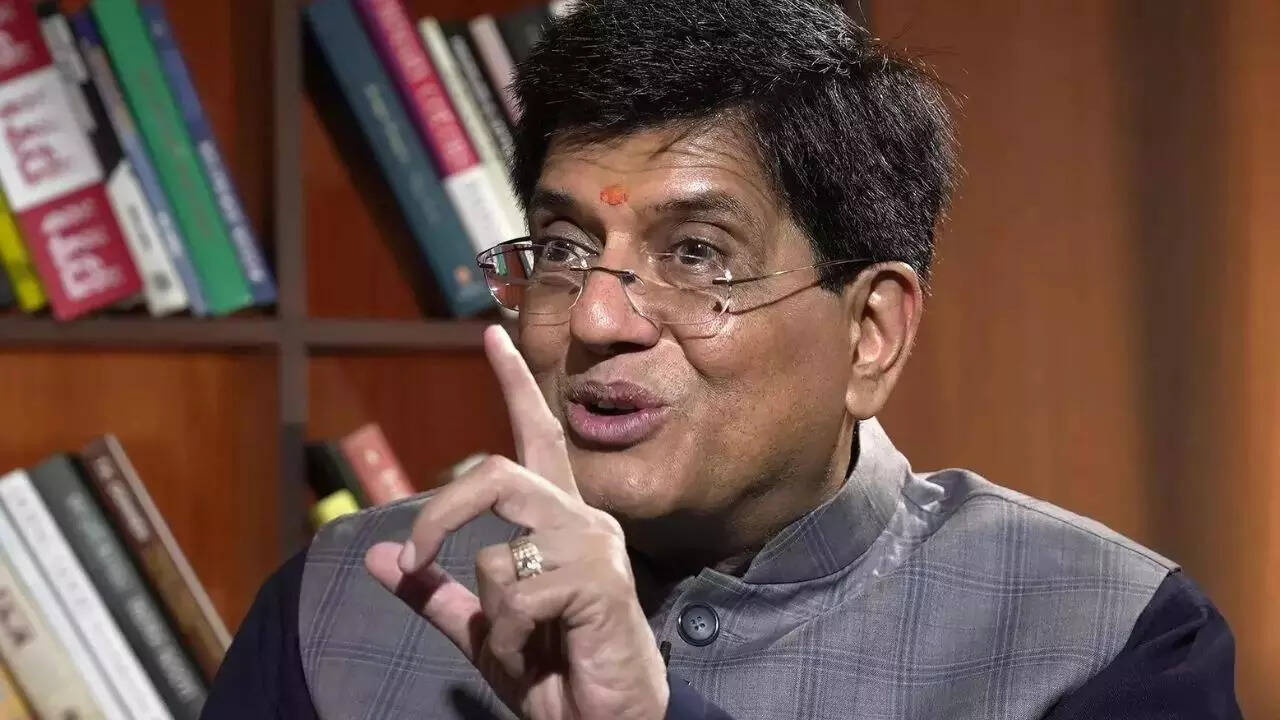Mumbai North from where Union minister Piyush Goyal contested, recorded the highest turnout at 55.2%. In Mumbai North-East, where BJP’s Mihir Kotecha contested against NCP (SP)’s Sanjay Dina Patil amid a Marathi-Gujarati rift, the turnout was 53.7%.
Within assembly segments, Mulund recorded the highest turnout (59.6%) followed by Borivali and Mahim (58%) and Dahisar (57.2%).The lowest turnout was reported from Colaba (36%) – the southern tip of the island city – Mankhurd-Shivaji Nagar (49.3%), Chandivali (49%) and Worli (49%).
During polling, there were several complaints in suburban Mumbai about serpentine queues and delays before citizens could cast their vote. The lack of shade, ventilation and drinking water at some polling booths added to the difficulties.
By afternoon, Shiv Sena (UBT) chief lashed out at Election Commissionaccusing it of batting for BJP and claimed that there were deliberate delays at booths favourable to its party. “PM Narendra Modi sensed his defeat and EC began behaving as his servant. There were long delays especially at booths where we get votes,” he alleged. He urged voters to return to booths and vote. “They should note down the names of polling staff and inform us. We are willing to go to court,” said Uddhav Thackeray.
Deputy chief minister Devendra Fadnavis hit back, saying Thackeray was complaining because he sensed he was losing. “We were the first to complain to EC regarding the slow pace of voting in Mumbai. Now as usual, Thackeray has begun crying and has started blaming Modiji,” said Fadnavis.
Mumbai has been ground zero of the political turmoil in Maharashtra that followed the BJP-backed split of the Shiv Sena and NCP. The city is the birthplace of the Shiv Sena and the backdrop of the power struggle between its two factions.
In both 2014 and 2019, the saffron parties swept the six Mumbai seats, split evenly between BJP and undivided Sena.
Within assembly segments, Mulund recorded the highest turnout (59.6%) followed by Borivali and Mahim (58%) and Dahisar (57.2%).The lowest turnout was reported from Colaba (36%) – the southern tip of the island city – Mankhurd-Shivaji Nagar (49.3%), Chandivali (49%) and Worli (49%).
During polling, there were several complaints in suburban Mumbai about serpentine queues and delays before citizens could cast their vote. The lack of shade, ventilation and drinking water at some polling booths added to the difficulties.
By afternoon, Shiv Sena (UBT) chief lashed out at Election Commissionaccusing it of batting for BJP and claimed that there were deliberate delays at booths favourable to its party. “PM Narendra Modi sensed his defeat and EC began behaving as his servant. There were long delays especially at booths where we get votes,” he alleged. He urged voters to return to booths and vote. “They should note down the names of polling staff and inform us. We are willing to go to court,” said Uddhav Thackeray.
Deputy chief minister Devendra Fadnavis hit back, saying Thackeray was complaining because he sensed he was losing. “We were the first to complain to EC regarding the slow pace of voting in Mumbai. Now as usual, Thackeray has begun crying and has started blaming Modiji,” said Fadnavis.
Mumbai has been ground zero of the political turmoil in Maharashtra that followed the BJP-backed split of the Shiv Sena and NCP. The city is the birthplace of the Shiv Sena and the backdrop of the power struggle between its two factions.
In both 2014 and 2019, the saffron parties swept the six Mumbai seats, split evenly between BJP and undivided Sena.






